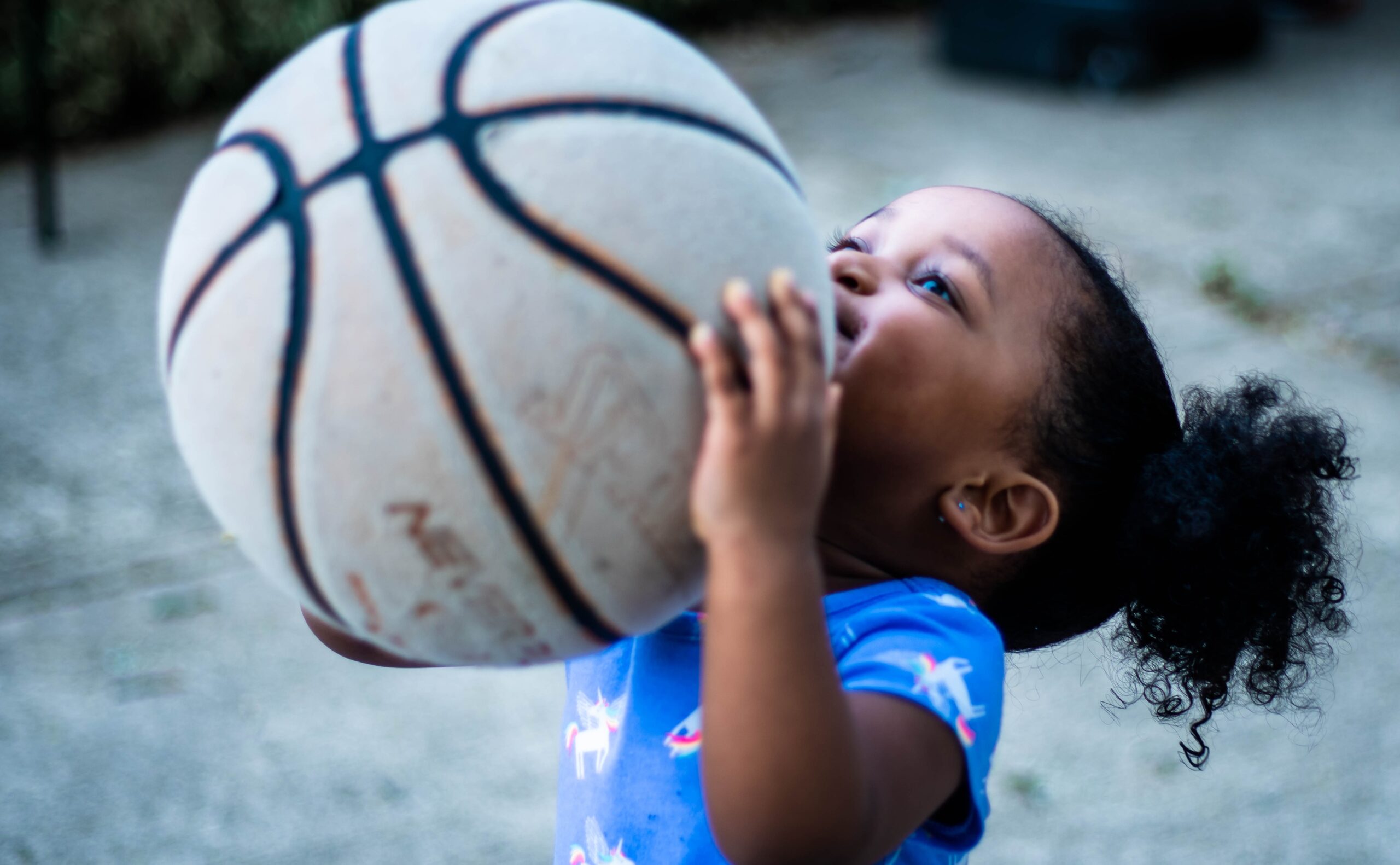Believe it or not, failure is our friend. It is actually one of life’s most valuable resources. Each failure provides us with valuable insights into what went wrong and how we can do better next time. Ultimately, it’s really not failure, but how we handle failure that truly defines us.
Thomas Edison was one of countless inventors and scientists who have experienced failure after failure. Edison famously said after one of his many failed experiments that he hadn’t really failed. He had just discovered 10,000 ways that didn’t work. Implicit in his observation is that there were other ways to succeed. He just hadn’t found them yet.
Failure provides us with valuable lessons that cannot be learned through success alone. It teaches us humility, resilience, and the importance of perseverance. When we experience failure, we have an opportunity, like Edison did, to reflect on what went wrong and identify areas for improvement. This self-reflection allows us to gain insights and develop new strategies for our future endeavors.
Moreover, failure can serve as a powerful motivator for personal growth. It pushes us out of our comfort zones and encourages us to take risks in order to achieve our goals. Failure is actually minimized when followed by perseverance and determination.
Rather than viewing failures as permanent setbacks or personal flaws, we should see them as steppingstones toward an ultimate goal. By reframing failure as an opportunity for learning and growth, we can bounce back stronger and more confident than ever.
Ultimately, surviving failure requires resilience, adaptability, and a willingness to learn from our mistakes. It is through these experiences that we gain wisdom and become better equipped to navigate future challenges with confidence and grace.
There is a saying I heard once that experience is a harsh teacher. First comes the test, and then comes the instruction. Failure can also serve as a humbling reminder that success often requires perseverance and resilience. It teaches us to be patient with ourselves and to keep pushing forward despite obstacles or setbacks. Moreover, failure is not a dead end, nor is it indicative of our lack of self-worth.
Think of failure as a kind of trial run. Among the things we discover in failure is our resilience, adaptability, and determination to overcome obstacles.
I’m a huge fan of basketball, and I believe there are valuable life lessons to be gleaned from the sport. That said, I’d like to share a few of the countless examples of outstanding NBA players whose failure to win a championship ring neither defined nor represented their careers.
- Allen “The Answer” Iverson routinely scored at will, though he was a flyweight surrounded by giants. His skills, quickness, and pure grit are legendary. On February 12, 2005, he caught fire and contributed 60 points for a Philadelphia 76ers win against the Orlando Magic. The game’s final score—112 to 99.
- Charles Barkley was a formidable force when posted low in the paint. His duels against other premier big bodies like Shaquille O’Neal were epic. Barkley just could not and would not be intimidated. Best known for his rebounding, “Sir Charles” still averaged just over 22 points a game.
- Elgin Baylor has the dubious distinction of being the NBA player who appeared in the most championship games (8) without winning a ring. Known for his consistency, Baylor could do it all—pass, rebound, and shoot. That’s undoubtedly why he was named to 11 NBA All-Star teams.
- Celebrated for his ball-handling, assists and steals, 10-time NBA All-Star point guard, John Stockton, didn’t win a championship during his entire 19 season career with the Utah Jazz, even when paired with a standout like Karl Malone.
- Known as “The Mailman,” Malone was named to 14 All-Star NBA teams and had a total of 36,928 career points. Yet in spite of his considerable ability to deliver, even Malone could not score a championship ring.
I’ll conclude with one of my many personal failures. Even though I am an avid fan, I was never much at basketball. My passion was on the tennis court. To be sure, I didn’t win every match, but I actually benefited when I suffered losses to much better opponents. When I experienced those losses, I actually learned more than I did after a win against an average player. After a tough match, I would work on the deficiencies I felt contributed to my loss. I’d practice and practice until my weaknesses became my strengths. The net result was I became a much better player.
Ultimately, surviving failure requires embracing it as an integral part of our journey towards personal and professional growth. By acknowledging that failures are not permanent but rather temporary setbacks, we can harness their power to fuel our determination and drive for grabbing that golden ring.
TIPS ON TACKLING FAILURE
- Stop thinking of a perceived failure as inherently negative. This can help you feel invigorated, rather than discouraged, when things don’t go your way.
- Redefine what failure means to you. If you define failure as the discrepancy between what you hope to achieve (such as getting an award) and what you might achieve (learning from the experience), you can focus on what you learned, enabling you to refocus and recalibrate for future challenges.
- Learn from your failures and mistakes–Take stock and adapt. Look at the failure analytically – (an attitude of curiosity helps.) Avoid feelings of anger, frustration, blame or regret.
- Stop obsessing. Constantly revisiting your mistakes and failures will not change the outcome.
- Don’t take failure personally; and realize ultimately you don’t need the approval of others to define what is success or failure.
- Try a fresh, new point of view.
Finally, remember failure happens to everyone at some point in time. How you respond to failure determines the ultimate outcome.
WDJ
We welcome your views, comments, ideas, and suggestions. Our goal is to be a forum for all that is relevant, topical, engaging, and helpful. Should you wish to comment or even submit something for our blog, with your permission, we’ll review, and likely publish it. You can reach us at in**@****************rk.com
In the interest of privacy, we will use only your first name for attribution. Your email address will not be shared or published.
Thanks for stopping by!




0 Comments